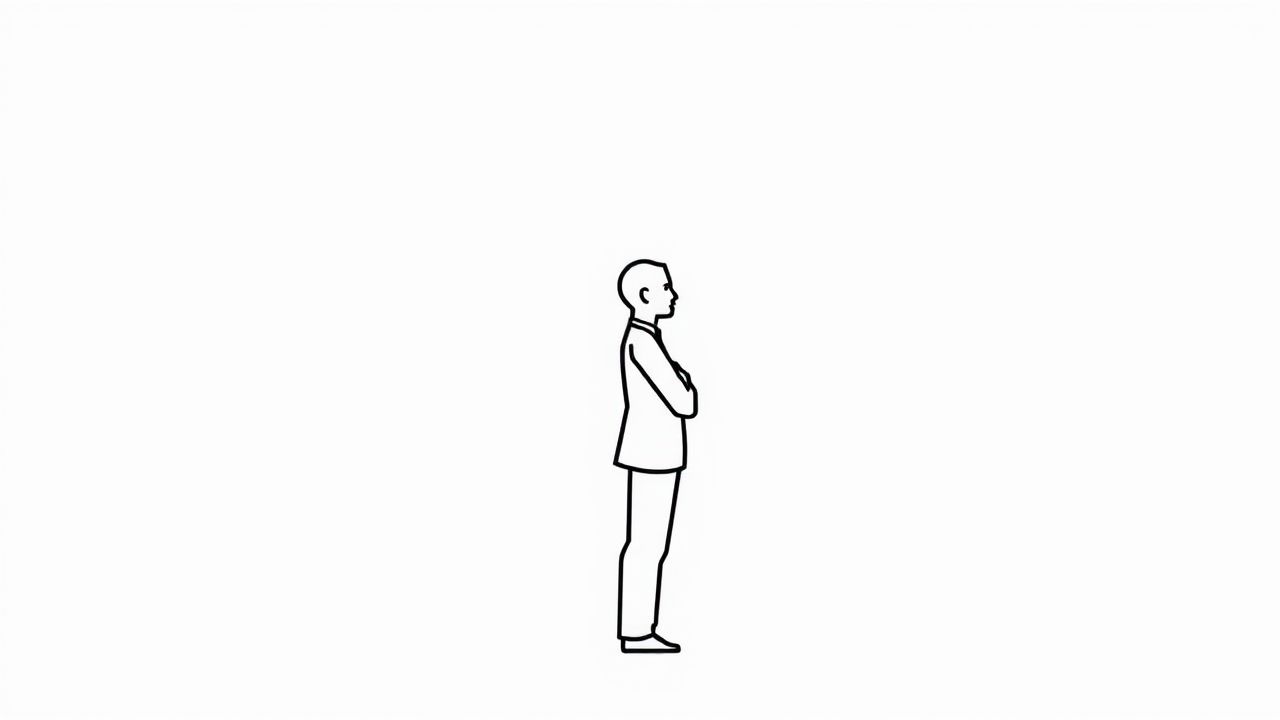In today’s fast-moving world, where trends shift rapidly and technologies evolve overnight, the idea of someone being an ‘anachronism’ is more relevant than ever. While the word is often used to describe objects or customs that seem out of place in the present, it can also be applied to people. A person can be considered an anachronism if their values, habits, clothing, or lifestyle appear to belong to a different time period. But what does that really mean? Is it good, bad, or simply unique?
Understanding the Term ‘Anachronism’
To understand whether a person can be an anachronism, it’s essential to understand the definition of the word itself. The termanachronismcomes from Greek roots: ‘ana’ meaning ‘against’ and ‘chronos’ meaning ‘time.’ When combined, the word suggests something that is ‘against time’ or out of its proper time frame.
In literature and historical analysis, anachronisms are often seen as errors. For example, showing a character in ancient Rome using a wristwatch would be a historical anachronism. But in daily life, when applied to a person, it carries a broader and more nuanced meaning.
What Makes a Person an Anachronism?
A person may be seen as an anachronism for a variety of reasons, including:
- Old-fashioned beliefs: Holding onto values or customs that are widely considered outdated by modern society.
- Traditional dress: Wearing clothing styles that were common in past decades or even centuries.
- Use of outdated technology: Preferring typewriters, rotary phones, or physical maps over modern alternatives.
- Classical tastes: Enjoying music, art, literature, or films from much earlier eras, often to the exclusion of contemporary culture.
Such characteristics can make someone stand out, and others might describe them as ‘living in the past.’ However, this isn’t always meant as a criticism.
Positive Interpretations of Personal Anachronism
Being described as an anachronism isn’t necessarily a negative label. In fact, many people who are considered anachronistic are admired for their authenticity, integrity, or uniqueness. They often possess a sense of identity that isn’t swayed by fleeting trends or societal pressure.
Examples of Positive Anachronism
- A writer who still uses pen and paper to compose novels in an age dominated by laptops.
- A gentleman who opens doors, tips his hat, and practices old-school manners as part of his daily routine.
- A musician who plays the lute or harpsichord and performs music from the Renaissance period.
Such individuals are often respected for their dedication to their values and their appreciation of tradition. Rather than being seen as outdated, they may be viewed as timeless.
Negative Perceptions of Anachronistic Behavior
On the other hand, some people might perceive anachronistic individuals as being out of touch or resistant to progress. In a society that values innovation and forward thinking, clinging too tightly to the past can be seen as a limitation. This is especially true when outdated beliefs or behaviors clash with contemporary values such as equality, diversity, or technology use.
Examples of Negative Anachronism
- Refusing to accept social changes such as gender equality or multicultural inclusion.
- Opposing the use of modern technology in the workplace without providing better alternatives.
- Clinging to outdated parenting methods or educational models that no longer serve children’s needs.
In these cases, being an anachronism might cause social friction, workplace conflicts, or personal isolation. The key difference lies in whether the outdated behaviors are harmless preferences or harmful practices.
The Cultural Context of Anachronism
It’s important to note that the idea of a person being an anachronism can vary greatly depending on cultural context. What is considered outdated in one society may still be respected or even dominant in another. Likewise, generational gaps can make younger individuals see older generations as anachronistic simply due to differing experiences and norms.
Anachronism in Global Perspectives
- In some cultures, ancient customs are preserved as part of national identity and pride.
- In others, rapid modernization might leave those who stick to tradition labeled as ‘old-fashioned.’
This diversity highlights that being labeled an anachronism isn’t universally negative or positive it depends largely on context and perspective.
Choosing to Be an Anachronism
Interestingly, some individuals choose to be anachronistic as a personal or artistic statement. These modern-day anachronists might live in Victorian homes, wear 18th-century attire, or reject modern conveniences in favor of simpler living. For them, being an anachronism is a lifestyle, not an accident. It reflects a conscious decision to align with a time period they admire or romanticize.
Voluntary Anachronism in Practice
- Historical reenactors who live and breathe a past era for the sake of authenticity.
- Minimalists who shun smartphones and streaming in favor of books, letters, and conversation.
- Homesteaders who reject modern agriculture and return to older methods of farming and craftsmanship.
These examples show that anachronism can be both deliberate and empowering. It provides a way for people to define themselves independently of current fads.
Can a Person Be an Anachronism?
Yes, a person can definitely be an anachronism. Whether due to their habits, beliefs, preferences, or appearance, individuals may appear to belong to a different era. However, whether that is a strength or a weakness depends on how those traits affect others and the individual themselves. In many cases, being anachronistic means preserving valuable traditions, offering perspective, and standing out in a conformist world. But when it prevents growth, understanding, or harmony, it can become a hindrance.
Ultimately, personal anachronism reflects the tension between past and present, continuity and change. And in a world constantly racing ahead, sometimes it takes a person out of time to remind us what should not be forgotten.
